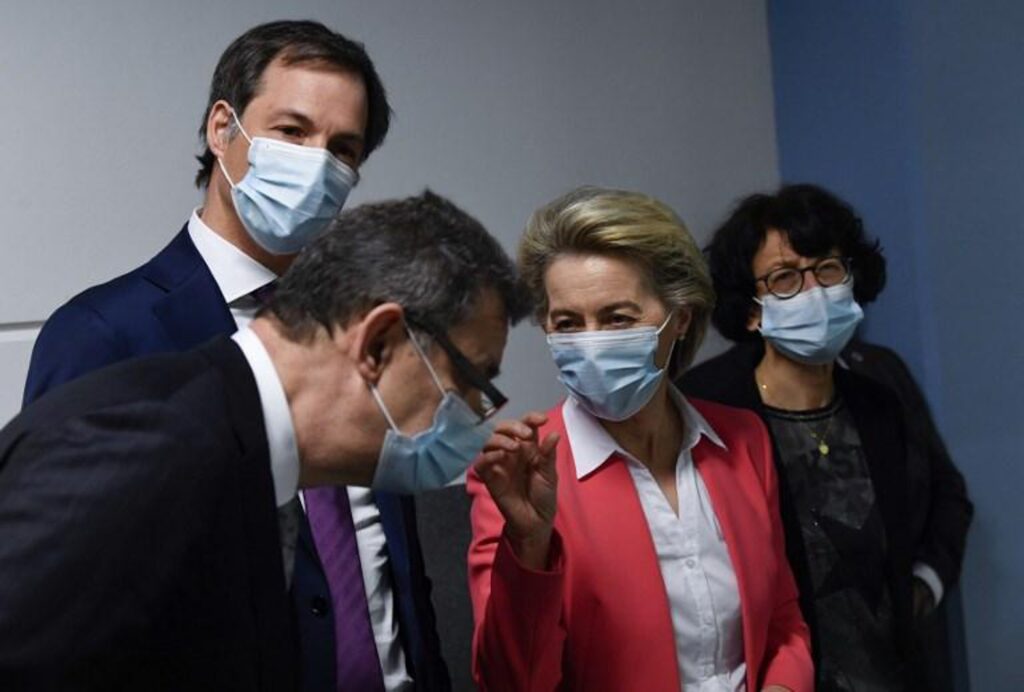The European Commission reaffirmed on Friday that it does not have the text messages exchanged during the Covid-19 crisis between its President Ursula von der Leyen and Pfizer’s CEO Albert Bourla.
The Commission stated that these messages were not part of vaccine purchase negotiations.
This clarification came after the EU’s executive was summoned before the European Union’s General Court in Luxembourg – the EU’s second highest court – following a complaint by the New York Times, which demanded access to the messages. The content of the texts has been kept secret.
The Commission, criticised for a lack of transparency, maintained since 2022 that the messages were not kept.
"The President (of the Commission, Ursula von der Leyen) did not negotiate the terms of the contract via text" with Mr. Bourla, argued lawyer Miguel Buron Perez in the Commission’s defence.
"There were texts exchanges to arrange oral discussions. Negotiations are not conducted extensively by text," he added.
'Officials evade public transparency'
As an example, the lawyer mentioned: "This is what Albert Bourla might have said: We need to talk. OK. At 6:00 CET."
He also explained that the Commission's services, tasked with finding these messages in 2022, reached out to von der Leyen’s office but with no success. "The office responded that they were unable to locate these documents."
"The European Commission has never denied interactions between Ursula von der Leyen and Albert Bourla. The link between these texts and the vaccine agreement discussions is missing," emphasised Miguel Buron Perez.
The hearing saw animated exchanges, with the American newspaper’s lawyer accusing the Commission of "violating principles of good administration and communication" by neglecting the importance of these text messages.

The packaging line at the Pfizer production plant in Puurs, Belgium. Credit: Belga
"This case raises a very important question: can officials evade public transparency by communicating via text?" queried the lawyer, Bondine Kloostra.
The revelation in 2021 by the New York Times of the existence of text messages between Albert Bourla and the European Commission President sparked significant controversy.
At that time, the American pharmaceutical company Pfizer was the largest supplier of Covid-19 vaccines ordered by the European Union.
The New York Times requested access to the text messages under the freedom of information. The newspaper bases its claim on a 2001 EU regulation regarding public access to documents from the three major institutions of the EU (the Commission, Council, and Parliament).
The decision from the EU court is not expected for several weeks or even months.

